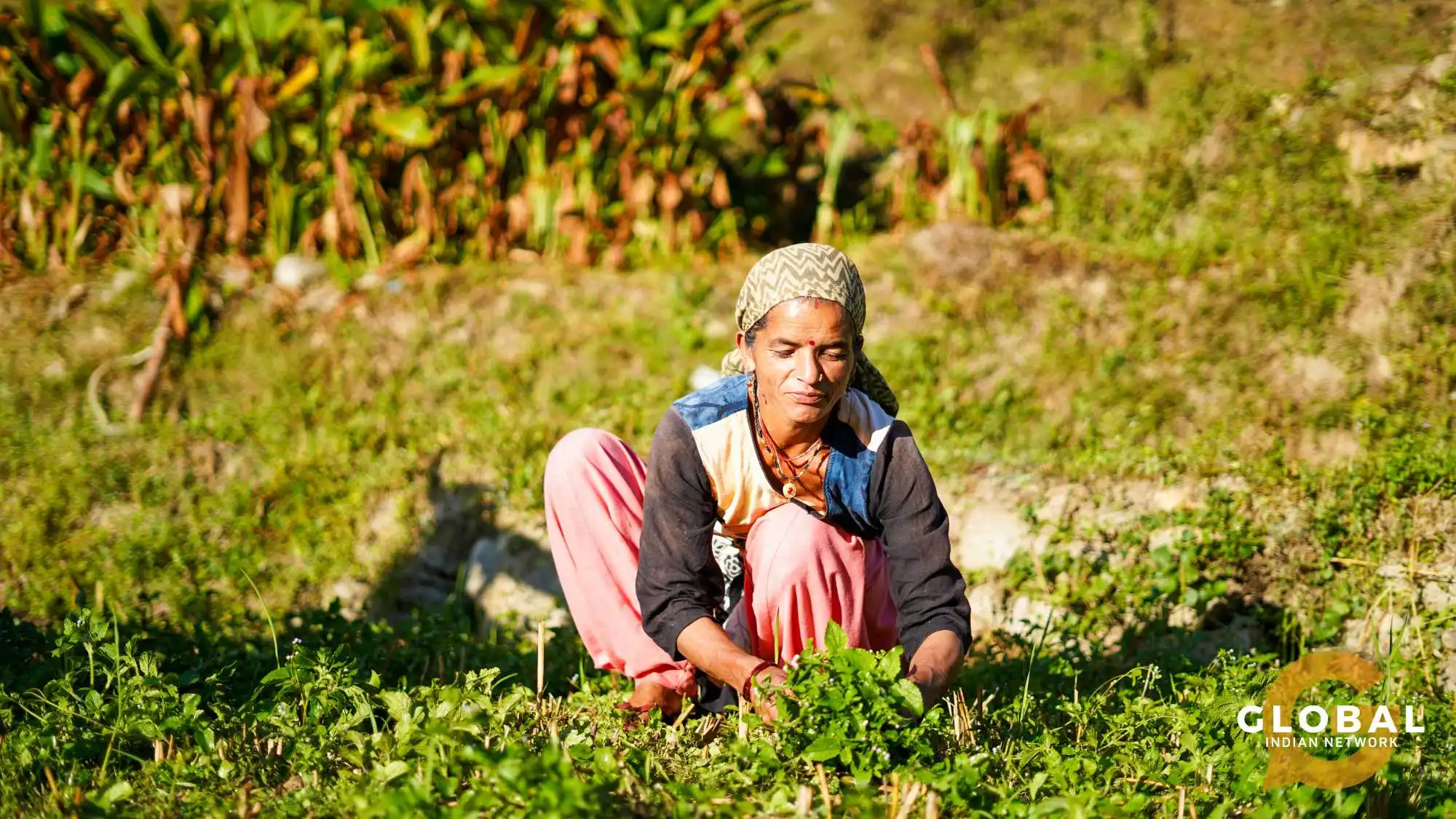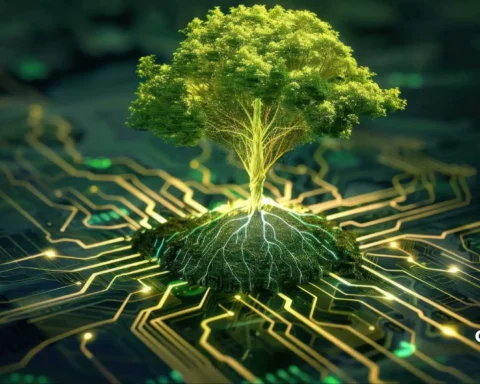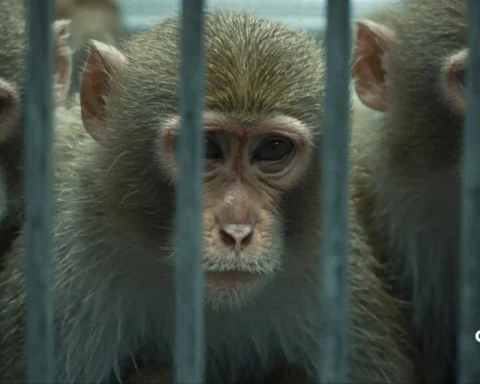Sustainable farming is deemed the perfect solution to our current agricultural obstacles, offering a future where food production can be done harmoniously with nature.
The focus on safeguarding natural resources, enhancing soil health, and decreasing greenhouse gas emissions makes sustainable agriculture an ideal alternative to conventional farming techniques.
However, although it has positive intentions, sustainable farming, too, has its drawbacks.
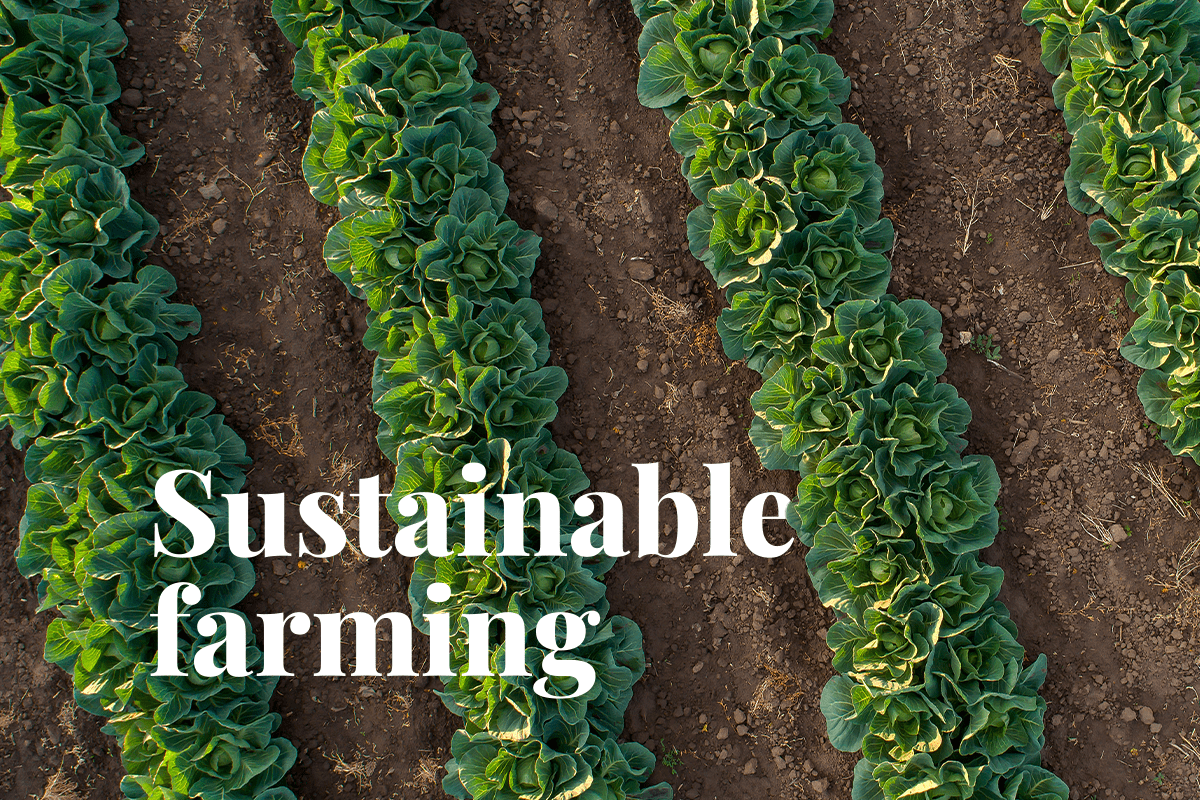
In this blog, we’ll explore the disadvantages of sustainable farming and discuss some critical issues that are usually overlooked.
Table of Contents
The Economic Disadvantages of Sustainable Farming
The two main economic drawbacks of sustainable farming are its high costs and lower crop yield.

High Costs
Sustainable farming initially requires high investment.
This is because shifting from conventional farming practices requires large amounts of new equipment for methods such as organic farming practices and infrastructure. For example, farmers will have to purchase natural fertilizers and invest in drip irrigation systems, which can be cost-prohibitive, especially for small-scale farmers.
The financial burden often extends to ongoing expenses such as pest management and soil maintenance, which can further strain the farmer’s budget. Using cover crops or crop rotation, which are essential components of sustainable farming methods, requires more labor and time, escalating operational costs,
These expenses can make it quite challenging for farmers to achieve the same level of profitability as those using conventional methods.

Lower Crop Generation
Sustainable farming also has the potential for lower crop yield than conventional farming practices.
Although sustainable farming aims to enhance soil health and bring about long-term crop productivity, organic farms indeed tend to produce less than farms using synthetic fertilizers and chemical pest control.
This is due to the lack of using chemical fertilizers, which are designed for speedy and high-volume production.
Lower agricultural production can lead to decreased crop output and consequently offer lower revenue for farmers. In areas where food security is already an issue, the employment of sustainable practices may escalate the problem by limiting the availability of organic products.
The Environmental Disadvantages of Sustainable Farming
As paradoxical as it sounds, eco-friendly farming practices have a few harmful environmental impacts on the environment.
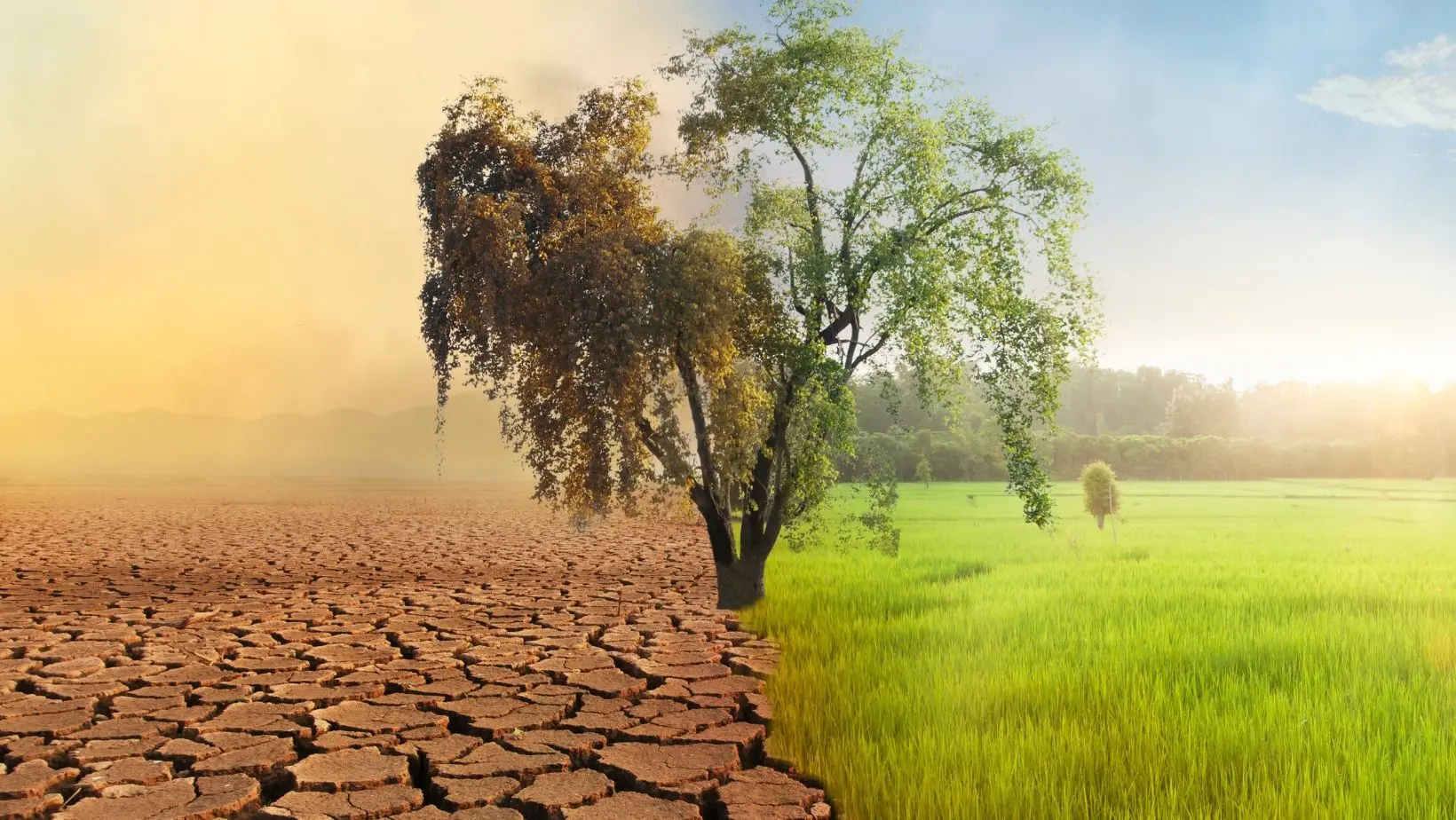
Increased Land Use
One of the most significant drawbacks of sustainable agricultural practices is the increased land used, which is necessary to generate the same amount of food as conventional agriculture. Because organic farming brings in lower crop yields, more land is required to meet food demand.
This can convert forests and other natural ecosystems into farmland, contributing to biodiversity loss and disrupting local ecosystems.
Moreover, the dependence on crop rotation and cover cropping in sustainable farming implies that land must be left fallow or must be sowed with non-commercial crops for a little while of the year. While these practices are advantageous for soil fertility, they can decrease the overall agricultural output of the land.
Greenhouse Gas Emissions
While sustainable methods are generally portrayed as a way to reduce greenhouse gas emissions, some practices can have a reverse effect.
For instance, the heightened use of organic fertilizers instead of artificial fertilizers, such as manure and compost, can lead to higher emissions of methane and nitrous oxide, which are two powerful greenhouse gases.
These emissions can nullify the benefits gained from reducing the use of synthetic chemicals and pesticides.
Additionally, the increased land use linked with sustainable agriculture methods can contribute to deforestation and the release of carbon that is stored in trees and soil.

The Social Disadvantages of Sustainable Farming
Sustainable farming also has several disadvantages for the society.

Labor-Intensive Practices
Sustainable farming typically requires practices that are quite heavy on the workers.
For example, crop rotation, pest management, and cover crops require meticulous planning and manual labor. This not only increases expenses but also places a heavy burden on farmworkers, who will have to work longer hours for the same or even lower wages.
In areas where labor is already limited or expensive, this increased demand can make sustainable farming a less viable option as opposed to traditional agriculture. Furthermore, the physical demands of organic farming practices can cause several health issues among farmers, such as musculoskeletal injuries from repetitive strenuous tasks.
High Costs of Sustainable Products for Consumers
The drawbacks of sustainable farming go beyond farmers, affecting consumers as well, especially those in the lower income brackets,
The higher costs of organic products due to sustainable agricultural methods generally result in increased prices for consumers, making organic foods and other sustainably sourced products inaccessible to a massive portion of the population.
The Ethical Disadvantages of Sustainable Farming

Sustainable farming also raised a few ethical concerns.
Firstly, the strong emphasis on natural and traditional techniques can sometimes lead to practices that are not in the best interest of animals. For instance, organic livestock farming may involve exposing animals to natural predators and harsher weather conditions.
Additionally, if not handled correctly, natural fertilizers such as green manure can spread diseases to livestock. This can cause animal suffering and raise serious ethical concerns about the proper treatment of animals in sustainable farming systems.
Moreover, the increased land use needed for sustainable farming systems can convert natural ecosystems into farmland and disrupt local communities and wildlife habitation.
The aim of producing high-value organic products for export can also lead to the displacement of subsistence farmers and indigenous communities, who may be compelled to leave their land to make way for commercial organic farms.
This can not only lead to social and economic disparity but also lead to the loss of traditional knowledge and cultural practices.
The ethical implications must be carefully considered, especially in areas with limited land and resources.
ALSO READ:
Conclusion
Although sustainability offers several benefits, it is necessary to address the disadvantages of sustainable farming.
From economic and ecological challenges to social and ethical concerns, there are major drawbacks of sustainable farming practices that must be acknowledged to make sure that sustainable agriculture can truly fulfil its aim of a more environmentally friendly and efficient food system.
By learning more about these disadvantages, farmers, policymakers, and consumers can work towards solutions that can meet the needs of our planet as well as our need for long-term food security.

FAQs
What are the disadvantages of sustainable agriculture?
Sustainable agriculture has several negative impacts, ranging from economic, environmental, and ethical concerns.
What is the opposite of sustainable agriculture?
The opposite of sustainable agriculture is conventional agriculture.
What is the meaning of sustainable agriculture?
Sustainable agriculture is a farming technique that aims to meet the current food demands without compromising the ability of future generations to meet theirs.




